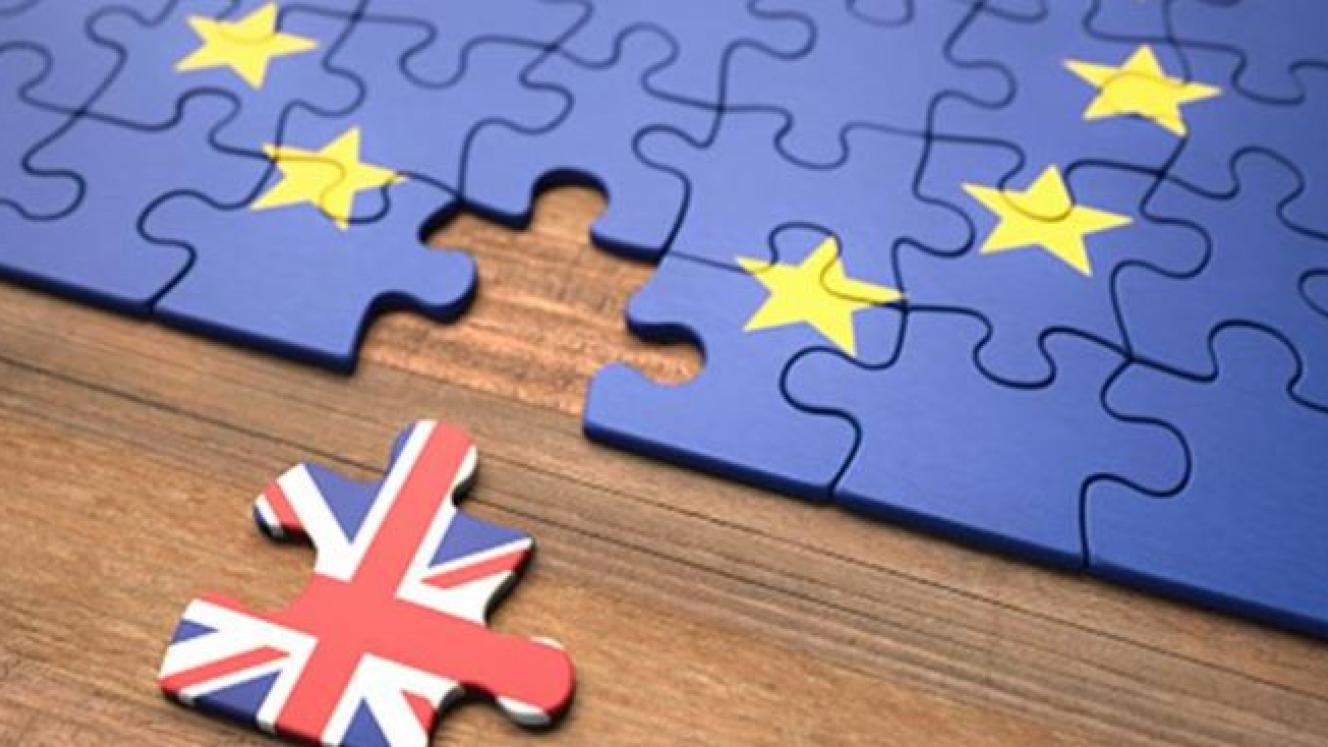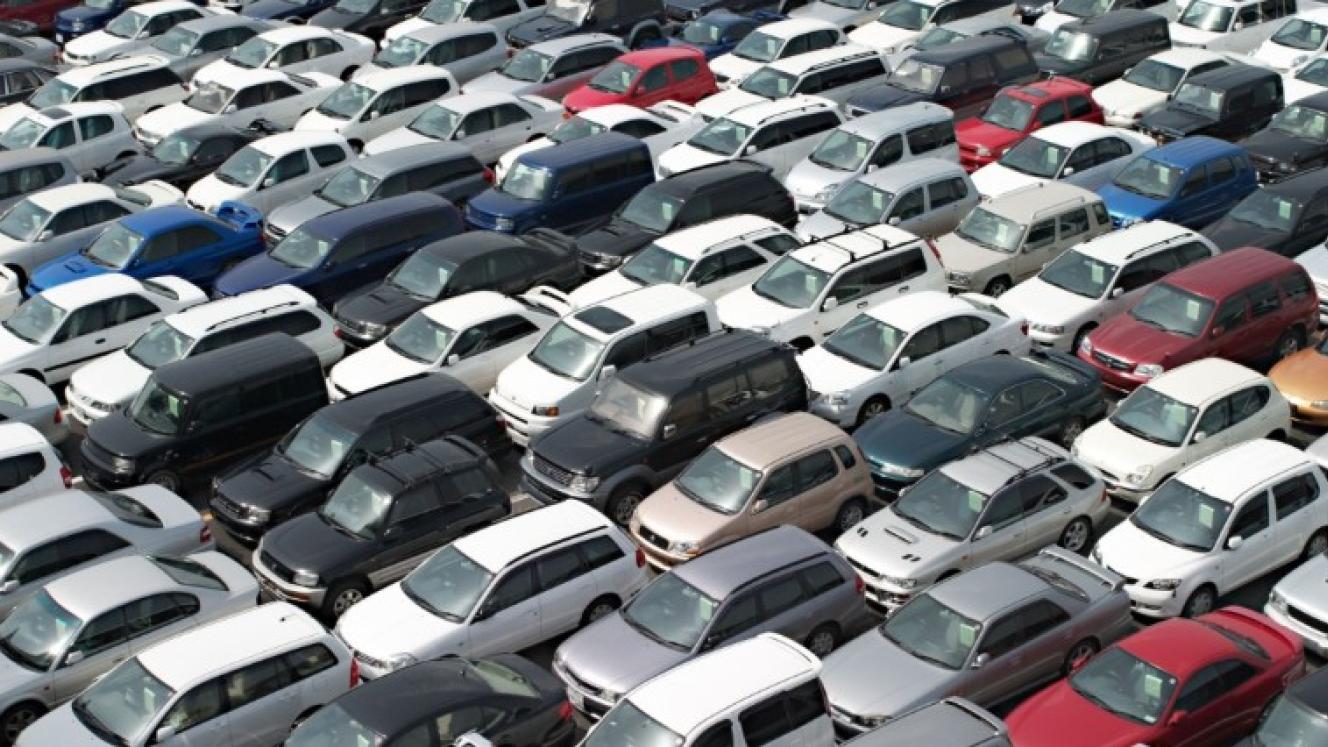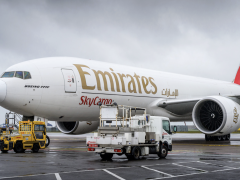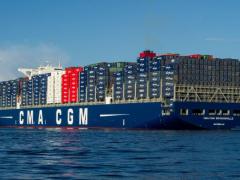The UK has been warned to seek seamless Customs regimes with the European Union over the next 10 months or risk tariff and freight constraints on 80% of its inbound goods from New Year’s Day 2021.
In a report released by the British Retail Commission (BRC), “A Fair Deal for Consumers: EU Trade Road Map”, the BRC argues that it’s vital for the UK to negotiate an amicable arrangement with the EU once it finally leaves the common market at midnight on December 31.
With about 7000 trucks leaving the English Channel ports of Dover and Folkestone every day, laden with goods imported from Europe heading to stores across the UK, Britain could see tariff-related price increases on a vast majority of its goods.
In a worst case scenario, the BRC also found that freight-restrictive measures could limit the availability of EU goods on UK shelves.
And although Prime Minister Boris Johnson is working towards trade-friendly undertakings from the EU, his Conservative Party government has warned business that it should prepare itself for stricter control measures on goods coming in from Europe.
BRC CEO Helen Dickinson said the best possible solution would be to leave the EU as if the UK was still part of it, with a “zero tariff” arrangement in place.
The Tories, however, said it was unlikely and that Brexit would inevitably bring about new Customs control measures, most of them likely involving the implementation of new tariffs.
According to news agency AFP, Dickinson said: “The issue is simple.
“Higher tariffs and extensive checks will harm consumers, retailers and the UK economy.”
The cost effect of paperwork, checking, clearing and related delays, she stressed, would ultimately be passed on to consumers.
There are already fears that the UK, reliant for most of its fresh produce on the EU, could face food scarcity if agricultural imports are subjected to post-Brexit Customs procedures. – Eugene Goddard













